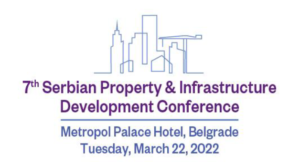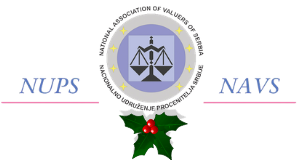Online seminar 04.03.2022 – Valuing Real Estate Fractions – Application Software by Dennis A. Webb, ASA, MAI, FRICS
We are pleased to invite you to register for ONLINE seminar scheduled for 04 March,2022 at 14:00h CET with theme – Valuing Real Estate Fractions – Application Software by Dennis A. Webb, ASA, MAI, FRICS – a business and real estate appraiser, former syndicator and engineer.
ABSTRACT
A major, online software application makes using 2.0 fast and easy. It guides the valuer through a carefully organized checklist of all of the facts and circumstances that are likely to be important for the holder of a fractional interest in real estate. It’s algorithm completely eliminates the need to build valuation models, while providing instant results for all input changes. This session illustrates the entire valuation process through several case studies.
The stepwise process begins with the underlying real estate assets, then the entity, management of the real estate, control attributed to the subject interest, a partition lawsuit (if an available option), marketability and likely holding period based on restrictions and barriers to a pro rata exit.
In attachment you can find biography of the instructor.
Associated with NAVS – National Association of Valuers of Serbia, D.Webb held online seminars Valuing Fractional Interests in Real Estate – Introduction to Real Estate Fractions and Valuing Undivided Interests in Real Estate (Valuation Methodology and 2.0)
Attendance on this online seminar brings you 2 points for CPD – Continuing Professional Development for REV certified valuers . Also, according to the RICS system for CPD qualifying activities which is based on personal assessment i.e. individual member deciding which activities are relevant for their professional development, we recommend this seminar for your personal professional development in valuation profession.
Also, this seminar is a part of continuous education of members of American Society of Appraisers (ASA) and the Appraisal Institute (AI).
Seminar will be broadcasted via online web platform (we will send you the link). Participants will be able to send questions to speakers via CHAT on the platform.
Fee for 25 February is:
Fee is 50 EUR (+VAT)
Members of NAVS can participate for free
*number of online participants is limited due to limitation of online platform
You can register by sending an email to office@procenitelji.org.rs (name of the participant, email address, information about payer)




